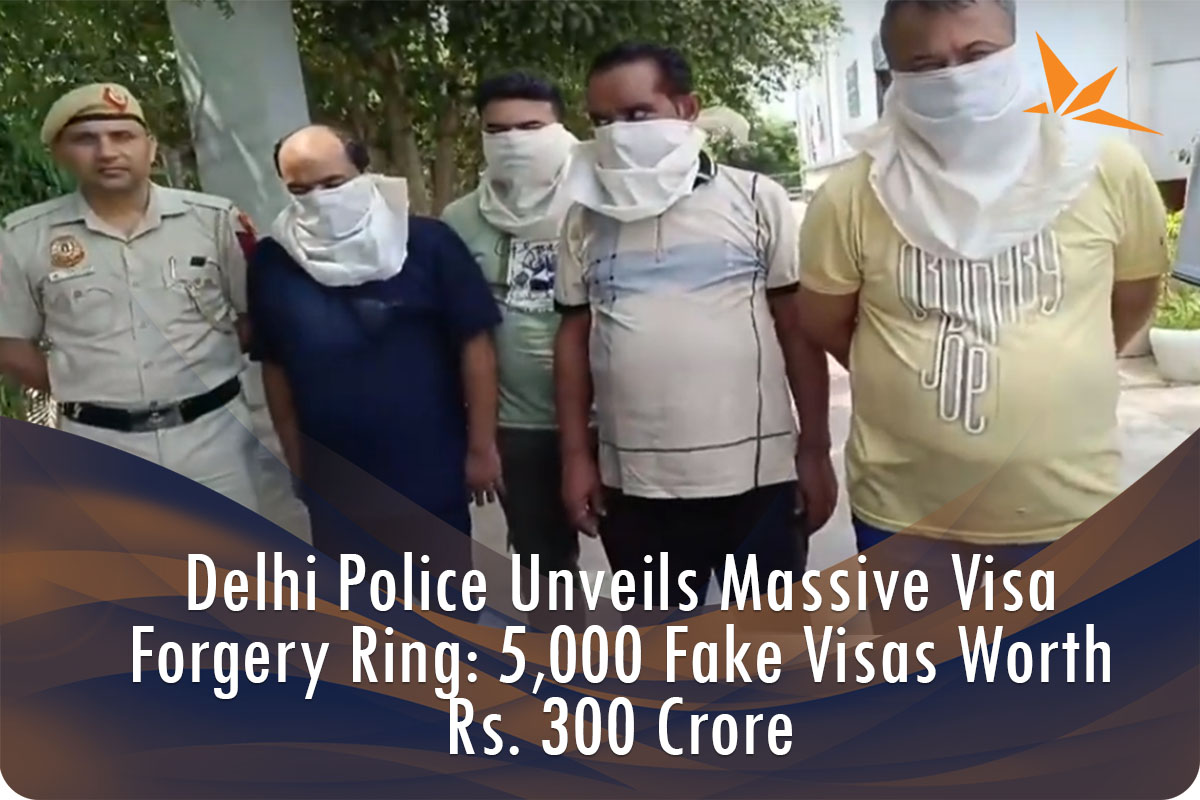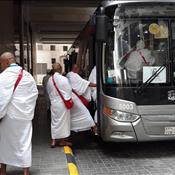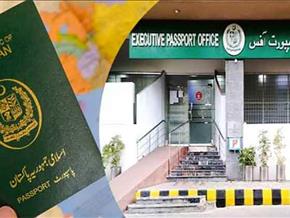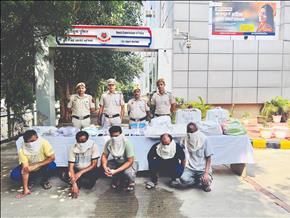
In a recent development Delhi Police has busted a major visa forgery scandal! This fake visa racket news has sent shockwaves through Delhi, where authorities have uncovered a staggering operation involving the production of 5,000 counterfeit visas worth over Rs. 300 crore and has resulted in multiple arrests. This extravagant racket, which had been in operation for the past five years, was exposed by the Delhi police after the arrest of a suspect attempting to board an international flight with a fake visa.

How the Scheme Was Uncovered
The breakthrough in this case came on September 2, when the suspect named Sandeep, a resident of Haryana, was apprehended at Delhi airport while trying to board a flight to Italy using a fake Swedish visa. His confession about the widespread use of such forged documents in his village provided the crucial lead that set the investigation in motion. According to Sandeep, he had paid Rs 10 lakh for the counterfeit European visa through an agent named Asif Ali. This led to the arrest of Ali and his associates, including Shiva Gautam and Naveen Rana. During interrogations, Gautam implicated additional agents, Balbir Singh and Jaswinder Singh, who were subsequently arrested.
Fake Visa Factory in Delhi
The investigation revealed that the counterfeit visas were being produced in a factory in Tilak Nagar, Delhi, operated by Manoj Monga. A police raid on the factory uncovered an extensive reserve of illegal visa making materials. According to Usha Rangnani, Deputy Commissioner of Police at IGI Airport, the reserve included 16 Nepali passports, two Indian passports, 30 visa stickers, 23 visa stamps and a range of sophisticated forgery equipment like dye machines, laptops, lamination machines and UV lamps.
This fake visa factory was capable of producing almost 30 to 60 fake visas per month, with each one sold for the price Rs. 8 to 10 lakh. Monga reportedly could forge a visa sticker in just 20 to 25 minutes, making the documents appear highly authentic and difficult to detect.

A Complex Fraud Network
The visa forgery ring was not a simple operation but a well-organized network involving multiple freelance travel agents. These travel agents operated across various regions, using encrypted communication platforms such as Telegram, Signal and WhatsApp to coordinate with Monga and facilitate the sale of these forged visas. This sophisticated setup allowed the fraud to persist undetected for many years.
Ongoing Investigation and Implications
So far, six individuals, including Monga, Ali, Gautam, Rana, Singh, and Jaswinder Singh, have been arrested. However, Deputy Commissioner Rangnani has indicated that the investigation is far from complete. Authorities believe that the number of fake visas and the extent of the operation might be even larger than currently estimated. In a separate case earlier this month, the Punjab police had also arrested 25 travel agents for illegally promoting employment opportunities on social media, highlighting a broader issue of fraudulent practices in the immigration sector of India.
Impact on Victims
The primary victims of this fake visa scam were individuals desperate for overseas employment. Many had invested their life savings or loaned massive amount of money to purchase these fake visas, only to face rejection at airports or legal troubles upon arrival at their designated country. Sandeep’s case, involving a payment of Rs 10 lakh for a counterfeit European visa, reflects a broader pattern of financial and emotional distress experienced by those deceived by this massive racket.
Public Warning and Precautions from Police
The Delhi police have issued a stern warning to the public to use official channels when applying for visas. "We urge people to exercise caution and seek proper channels when applying for visas. Scams like these exploit people’s desperation, leading to devastating consequences for families," said DCP Rangnani.
The Ministry of External Affairs of India has consistently advised citizens to verify the credentials of recruitment agents before making any payments or submitting personal documents. It recommends using only the services of registered Recruiting Agents (RAs), who are licensed and whose credentials are prominently displayed in their office premises and advertisements. This case underscores the necessity for vigilance and due diligence in visa and immigration processes to prevent falling prey to similar fraudulent schemes.
;More Travel News
-
 31-Oct-2024Fly Jinnah Expands International Reach with New Routes to Saudi Arabia from Lahore
31-Oct-2024Fly Jinnah Expands International Reach with New Routes to Saudi Arabia from Lahore -
 23-Jul-2022Umrah Visa Fees for Umrah from Pakistan
23-Jul-2022Umrah Visa Fees for Umrah from Pakistan -
 26-Mar-2022Saudi Arabia to Offer Umra visitors High Speed Train Services and Grand Prix Event Visitors Free Transport Services
26-Mar-2022Saudi Arabia to Offer Umra visitors High Speed Train Services and Grand Prix Event Visitors Free Transport Services -
 19-Jul-2022Umrah Registration Guidelines and Policy 2022 for Umrah Pilgrims
19-Jul-2022Umrah Registration Guidelines and Policy 2022 for Umrah Pilgrims -
 20-Sep-2024Citizens of Pakistan Suffer When Passports Issuance Process is Excessively Slow.
20-Sep-2024Citizens of Pakistan Suffer When Passports Issuance Process is Excessively Slow. -
 07-Apr-2020A Brief Look At When Hajj Was Not Performed in History
07-Apr-2020A Brief Look At When Hajj Was Not Performed in History -
 18-Sep-2024Europe Visa for 10 Lakh! - Indian Visa Factory Gang Arrested After Defrauding People of 300 Crore Rupees
18-Sep-2024Europe Visa for 10 Lakh! - Indian Visa Factory Gang Arrested After Defrauding People of 300 Crore Rupees -
 21-May-2021Saudi Arabia New Vaccine Conditions Bring Pakistani Travellers In A Trouble
21-May-2021Saudi Arabia New Vaccine Conditions Bring Pakistani Travellers In A Trouble
